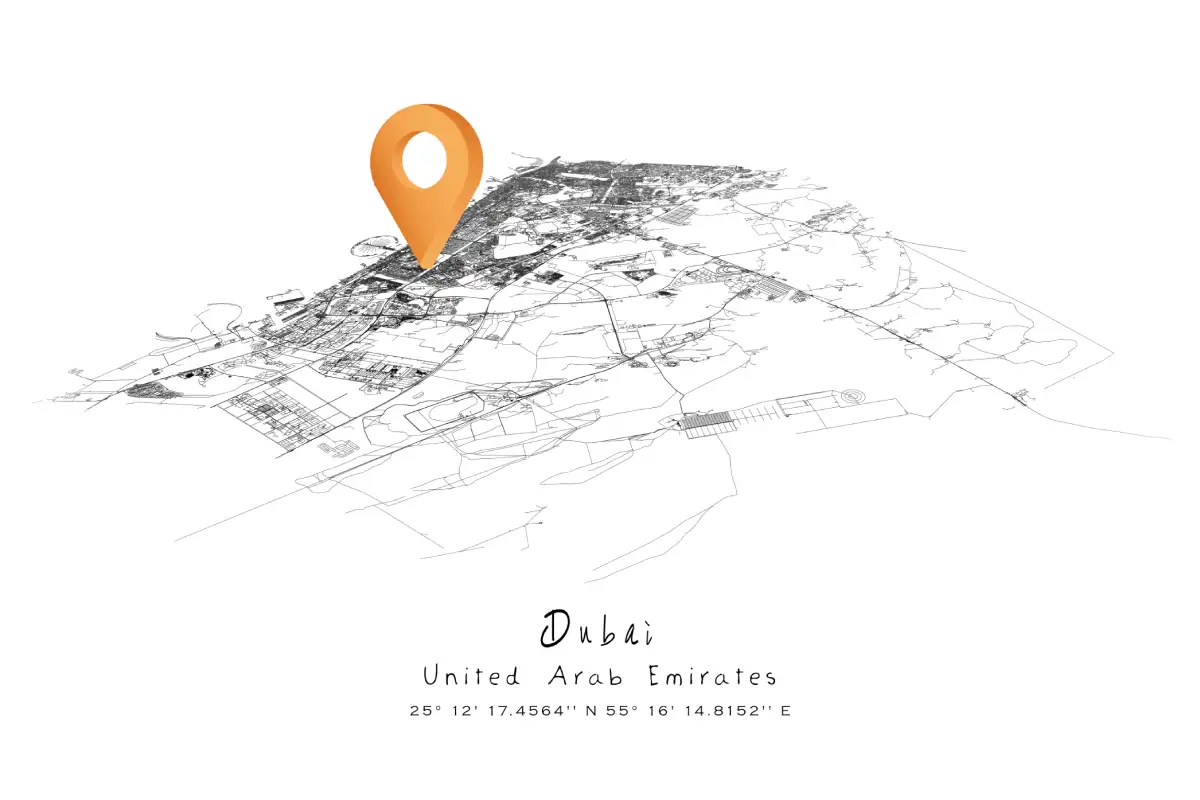Dubai Free Zone companies to operate in Mainland
March 24 2025
Dubai has introduced Executive Council Resolution No. (11) of 2025, which amends and supersedes Executive Council Resolution No. (30) of 2013. The previous regulation limited free zone-licensed companies to operating strictly within their designated zones, restricting them from engaging in direct commercial activities in the mainland unless they partnered with a local entity or distributor. This restriction posed challenges for businesses seeking to expand their market reach and increased operational costs.
The new resolution eliminates these restrictions, permitting free zone companies to operate anywhere within the emirate, provided they obtain the necessary permit from the Dubai Department of Economy and Tourism (DET). This regulatory shift aligns with Dubai’s broader vision of fostering economic diversification and enhancing its global competitiveness by increasing operational flexibility and attracting more multinational companies.
Under the new framework, obtaining a DET permit is mandatory for any free zone company seeking to conduct business beyond its designated zone. Additionally, companies must comply with all applicable federal and local regulations, including corporate governance, taxation, and labor laws. A crucial requirement is the maintenance of separate financial records for activities conducted outside the free zone, ensuring transparency and regulatory oversight. These obligations align with the UAE Commercial Companies Law and Dubai’s licensing regulations, ensuring businesses operate within a legally sound framework.
The implementation of Executive Council Resolution No. (11) of 2025 provides numerous advantages for businesses and investors. Free zone companies can now engage directly with mainland customers without intermediaries, reducing operational costs and improving market access. This update enhances Dubai’s attractiveness as a destination for foreign direct investment and simplifies business expansion processes by reducing bureaucratic hurdles. The resolution also supports the UAE’s digital economy vision by fostering innovation and entrepreneurship across various sectors.
Despite the advantages, businesses must carefully navigate legal and regulatory considerations. Operations outside free zones may be subject to corporate tax regulations under the UAE Corporate Tax Law. Companies must also ensure compliance with employment laws governing labor contracts, work permits, and visa regulations, particularly those stipulated in the UAE Labor Law. Furthermore, sector-specific restrictions may still apply, necessitating a detailed review of applicable regulatory requirements before expansion. Businesses must also remain mindful of consumer protection regulations and competition laws when entering the mainland market.
The introduction of Executive Council Resolution No. (11) of 2025 marks a major evolution in Dubai’s regulatory landscape. By removing operational restrictions on free zone-licensed companies, the resolution promotes business expansion, economic growth, and regulatory modernization. However, compliance remains essential, as businesses must secure the necessary permits, adhere to tax and labor laws, and maintain transparent financial records.
Given the complexities of regulatory compliance and business structuring, companies are advised to seek professional legal advice to ensure full adherence to applicable laws and maximize their strategic benefits. For tailored support and expert guidance, businesses can contact MIS legal team for assistance on [email protected]

